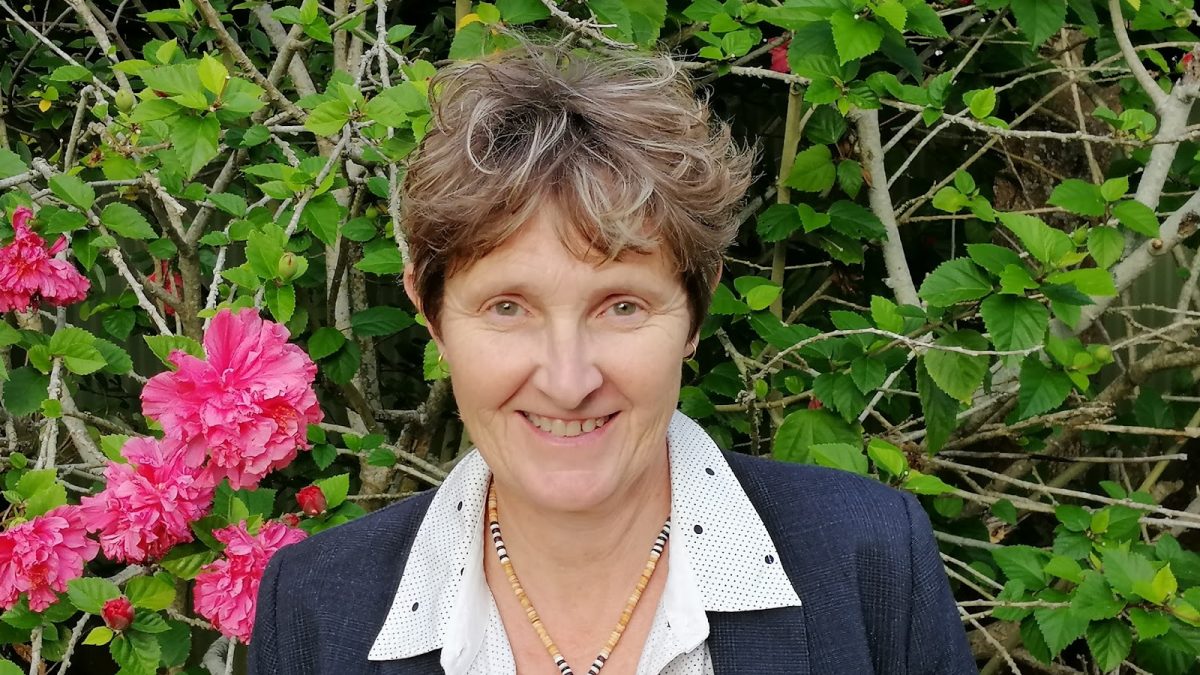
Understanding gender bias through examples and empathy
For me, one of the best ways to challenge gender bias and change that conditioning is for people to see and experience women (or men) doing those things that are perceived unconventional so that they become normal,” Barbara Wilkinson
Barbara Wilkinson, Professional Development Advisor at Business Link Pacific works incredibly hard to educate and support business advisors throughout the Pacific Islands.
Her role involves the facilitation and coordination of professional development courses both in person and now, because of Covid-19, online via webinars and podcasts. The courses are designed by Barbara and team members at BLP in order to quality-check advisors when they first join the BLP network and to teach them best business practices including the implementation of gender equality policies and courses for their SME clients across the Pacific Island Nations that BLP works with.
A key theme that is woven throughout the Business Advisor Development programme that I run, is empathy and understanding others’ perspectives.
In the courses, we also discuss unconscious bias and practical ways that business advisors can level-out gender inequalities in the environments and contexts that they work in,” says Barbara.
While women still face significant discrimination, compounded by traditional value systems that create barriers to running businesses, Barbara hopes that by discussing these topics advisors can gain ways to support their SME clients and to promote equitable access to business and work opportunities for all.
Having moved away from her homeland (the UK), and finding work in many different countries, including the Solomon Islands, Cook Islands and Tonga, Barbara understands the difficulties women face as well as the cultural differences that need to be respected when it comes to operating a business in the Pacific Islands.
While facing up to gender bias is never easy, Barbara tells us her way of coping with it is to try not to react negatively as we are all the products of our upbringing, experiences and societal conditioning so the bias may be unconscious and should be approached with understanding and care.
For me, one of the best ways to challenge gender bias and change that conditioning is for people to see and experience women (or men) doing those things that are perceived unconventional so that they become normal. When we see, for example, women working as a builder, electrician or plumber; or a man working in nursing or healthcare, it becomes more normal, and therefore more accepted, so I try to support and promote people to do these types of things as well as doing some of them myself,” says Barbara.
